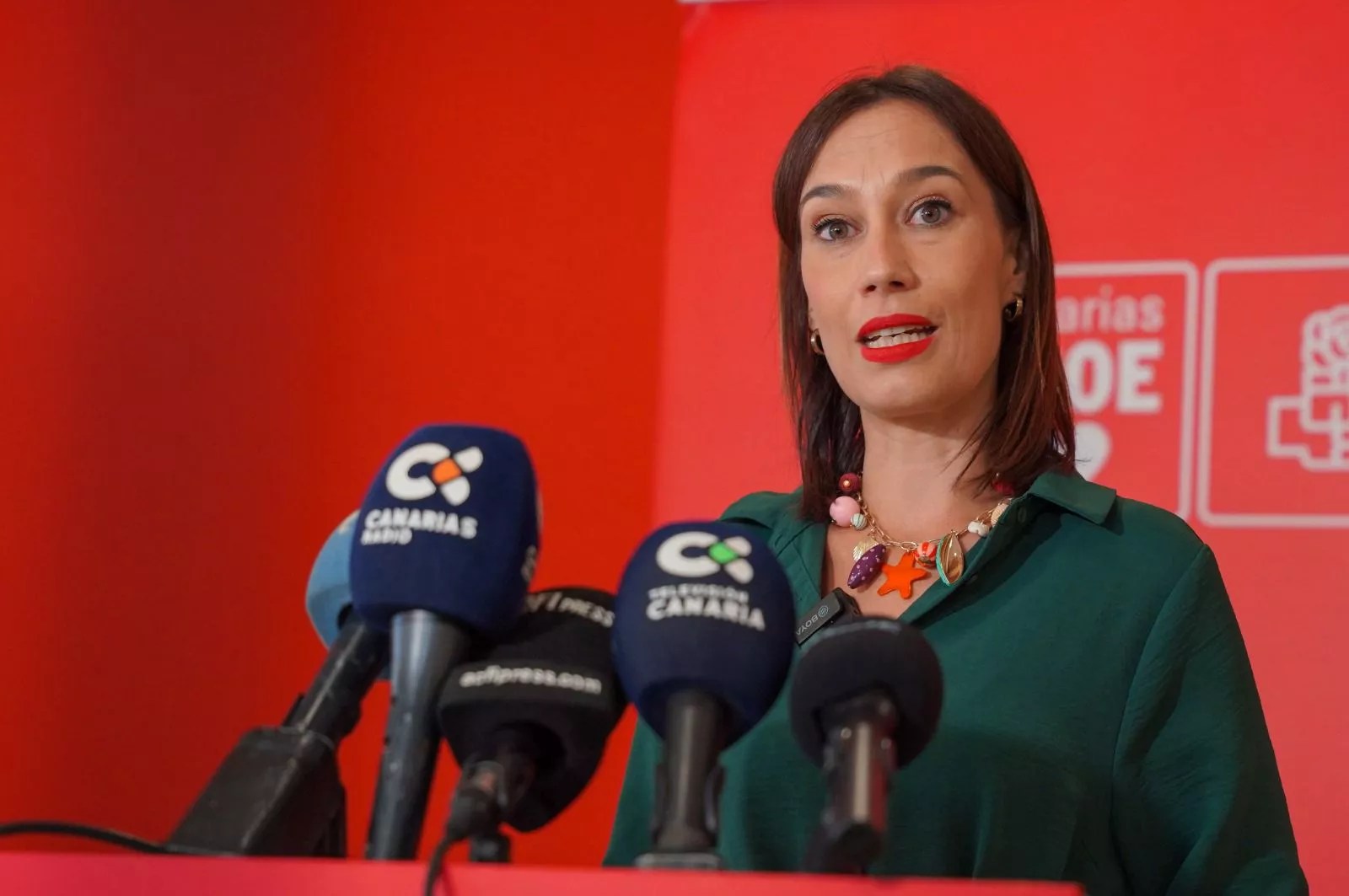
SANTA CRUZ DE TENERIFE, February 12. (EUROPA PRESS) –
The governing body of Tenerife, through the Natural Environment, Sustainability and Safety and Emergencies department, has sanctioned a study on the ability of plastic or microplastic waste to soak up pollutants from leachates, fluids resulting from the filtration and decay of organic matter.
The goal of the project ‘Removal of contaminants in leachate using microplastics and/or urban plastic waste’, led by the University of La Laguna (ULL), is to consider the potential use of the end product, including for agriculture.
The entire project budget is 939,689 euros and incorporates two doctoral theses, one concentrating on leachate and the other on leachate in compost.
The Minister of Environment, Sustainability and Safety and Emergencies, Blanca Pérez, emphasizes that “this initiative stems from the commitment of the Office to foster research and innovation in Tenerife in terms of waste utilization and promoting the circular economy.”
Consequently, in January, the governing committee was established by the UTE Nivaria, winner of the insular waste management service, and the Tenerife Cabildo.
As an outcome of that meeting, work has already commenced on 9 of the 20 proposed projects, which amount to a total financing of 9 million euros with the participation of the ULL, the European University and the ITER, as per a statement from the Cabildo.
The insular director of Waste, Alejandro Molowny, explains that with the research and development projects in waste management on the island, “the commencement of a new phase is being marked.”
He elaborates that the Cabildo and the UTE Nivaria, comprised of Urbaser and FCC, along with the research centres, “are conducting research, development and innovation projects that show promise in positively impacting waste management on the island.”
“The Office is setting aside two million euros annually over the 15 years of awarding the contract for these sustainability work lines, evincing a strong commitment to continuous enhancement in waste management,” Molowny stated.
On his part, the professor of Analytical Chemistry at the ULL, Javier Hernández Borges, leading the project research ‘Elimination of pollutants in leachates through the use of microplastics and/or urban plastic waste’, underscores that the research comprises four objectives, “all of them significant”, due to the potential results and their capacity to open new lines of research regarding the treatment of leachate and its applications.
Hernández highlights that the primary objective is to utilize microplastics or small plastic waste “and exploit them” to enhance leachate by leveraging their absorption capabilities.
EXPLOITING PLASTICS
“With this project, we aim to exploit microplastics and plastics in general to cleanse this product so that they can be discharged or used suitably for other applications, given that plastics possess the ability to retain certain contaminants on their surface,” he elucidates.
The second objective is “to ascertain the presence of microplastics in compost, vermicompost and biostabilized” produced from the treatment of selective waste collection of all organic matter utilised as fertiliser for plants, “to understand the level of microplastics contamination they bear and whether those microplastics, upon application to the soil, migrate into and persist there.
The third premise encompassed in the project is the scrutiny of the presence of microplastics on four beaches in Tenerife for a minimum of six months with the aim of continuous monitoring of microplastics on these beaches.
“We are aware that the Canary Islands, within the entire Macaronesia region, have the highest quantity of microplastics,” he points out.
The final objective focuses on raising awareness about the problem of microplastics and includes the publication of various articles, as well as presenting the results at research conferences, both nationally and internationally.
Moreover, information on pollution in the islands and worldwide will be disseminated in educational establishments through the delivery of talks, conferences and forums.
















